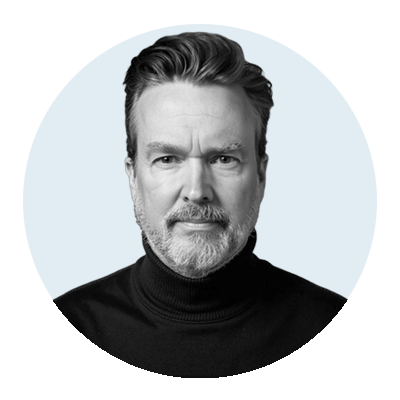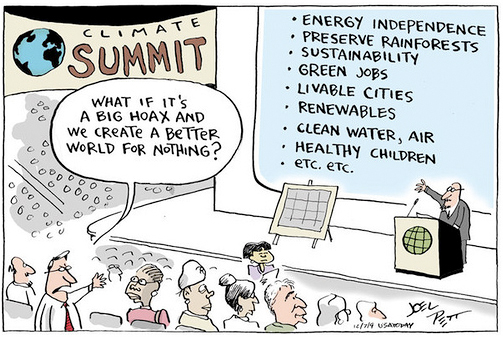A Placemaking Journal
Climate Change: Making the most of failure
Though it surely happens in sports at all levels, there’s one phenomenon that’s particularly common in youth sports: A game in which you’re so outmatched, so fundamentally inferior to your opponent that the outcome, minus Divine or supernatural intervention, is essentially guaranteed.
You’re going to lose.
I’ve been there. Perhaps you have as well. In the moment, particularly through the eyes of a child, there remains a palpable sense of denial. Maybe, just maybe we’ll rally and against all odds, topple the mighty.
It’s a powerful elixir but the loss still comes.
In retrospect, I’ve been giving a lot of thought to the coaches and how the good ones, surely aware of their team’s impending defeat, tailor their leadership to seek different forms of victory.
Maybe it’s a lesson in how to lose gracefully, knowing as a player that you did everything you could despite the inevitability of failure. Or maybe it’s an opportunity to stretch your creativity with plays you wouldn’t dare run in a more closely matched game.
As leaders, the truly gifted coaches find a way to inspire the best in their players, even when they lack the skills to prevail. Which is where I’ll transition this metaphor to what I’m actually talking about.
Meet Mother Nature
Social media is a wondrously serendipitous thing. Seemingly random things popping in and out of your various streams and then suddenly, connection. Multiple disparate items that together seem to connect dots and illuminate new paths of thought.
In the past week, I’ve seen an oddly complementary series of items that all point to one larger truth: Nature is going to do what it damn well pleases. It’s going to win. We’re the players in the game with a foregone conclusion and now, what we need is the leadership necessary to accept and respond to that fated outcome. To find approaches that still present some form of win — like innovating better ways to coexist, forging increased quality of physical and spiritual life, and creating a stronger, more resilient species contextually acclimated to the certainty that despite how highly we think of ourselves, we’ll never ultimately dominate.
Our present political stalemate over climate change is a prime example. It’s a binary proposition — either humans are responsible or it’s some natural cyclical occurrence — which leads us to battle over who’s right and who’s wrong. But at the end of the day, is that helping?
What if instead we simply accepted as a given that things are heating up, and allowed each person to still maintain their own personal confidence in knowing why, however accurate that sense might be?
Would we make more effective headway if, instead of facing off, we were able to envision all of us as those teammates in the painfully outmatched scenario, destined to lose the game at hand but still, given effective leadership, in a position to makes something better of ourselves nonetheless?
What happens then?
One of the more interesting books I’ve read on the subject is “The World in 2050: Four Forces Shaping Civilization’s Northern Future” by Laurence C. Smith. Offering a counterpunch to author Jared Diamond’s explorations of societal collapse, Smith examines the factors that allow civilizations to grow and thrive, particularly in a context that includes a changing climate.
His conclusions are surprising because they offer neither dystopia a la Hollywood blockbuster nor technofantasies like this:
Instead, he views our changes at hand in terms of the opportunity they present and examines who’s best positioned to not just survive a changing climate but to seize the advantages a new climate may inevitably present.
In short, he plays the role of the coach described earlier. “Mother Nature’s gonna put the beat down on us,” he seems to say, “but we will not submit. We can still emerge as better, more successful players if we reconsider what it is that constitutes a win.”
Does our will for such leadership even exist? Or are we so polarized, so stymied by partisan pandering, that we’ll simply concede defeat by default — plodding our way towards a decreasingly hospitable future with little more than a whimper?
Personally, I don’t care where you stand on what causes climate change. But I stand by ready to take the field together to confront it and find our place within it.
Who’s in?
–Scott Doyon
If PlaceShakers is our soapbox, our Facebook page is where we step down, grab a drink and enjoy a little conversation. Looking for a heads-up on the latest community-building news and perspective from around the web? Click through and “Like” us and we’ll keep you in the loop.










